Hackers conducting a new financially motivated campaign are using a variant of the Xortist commodity ransomware named ‘MortalKombat,’ together with the Laplas clipper in cyberattacks.
Both malware infections are used to conduct financial fraud, with the ransomware used to extort victims to receive a decryptor and Laplas to steal cryptocurrency by hijacking crypto transactions.
Laplas is a cryptocurrency hijacker released last year that monitors the Windows clipboard for crypto addresses and, when found, substitutes them for addresses under the attacker’s control.
As for MortalKombat, Cisco Talos says the new ransomware is based on the Xorist commodity ransomware family, which utilizes a builder that lets threat actors customize the malware. Xorist has been decryptable for free since 2016.
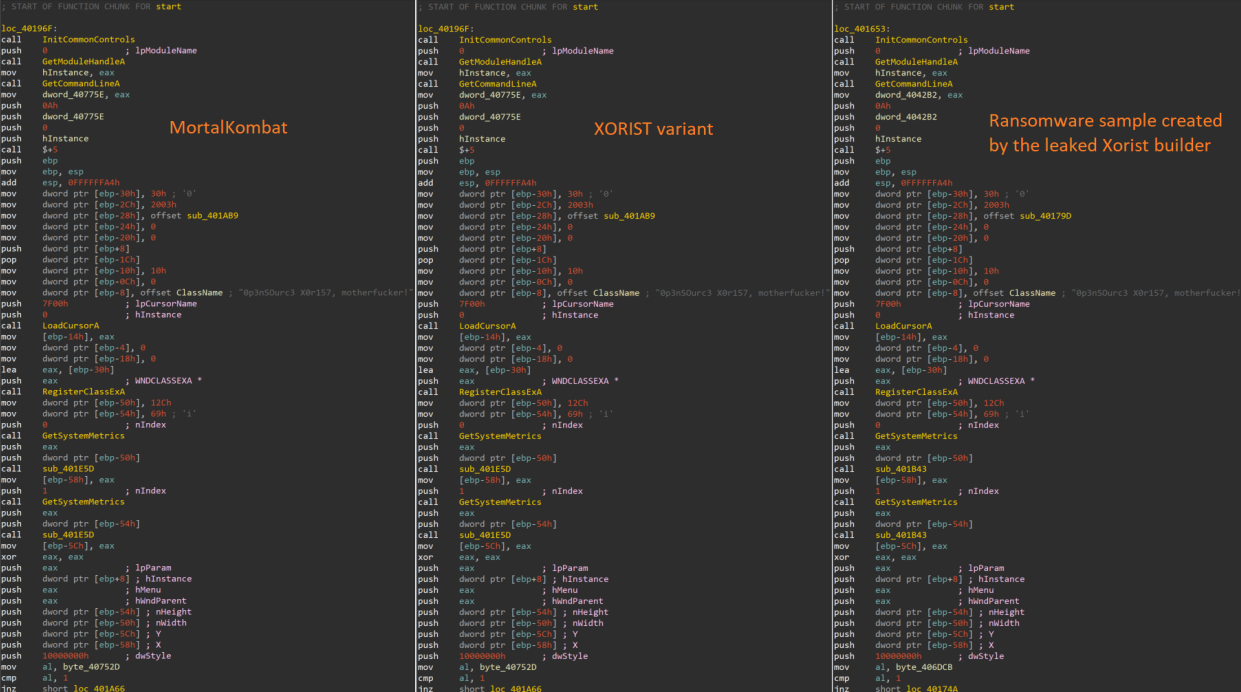
The attacks observed by the Talos researchers focused mainly on the United States, with some victims also in the UK, Turkey, and the Philippines.

Phishing attacks
The email contains a malicious ZIP attachment containing a BAT loader script that downloads a second archive from a remote resource. This archive contains one of the two malware payloads.
The loader script will execute the downloaded payload as a process in the compromised system and then delete the downloaded files to minimize the chances of detection.

The email message carries a malicious ZIP attachment that contains a BAT loader script, that when opened, downloads a second archive from a remote resource. This archive contains one of the two malware payloads.
The loader script will execute the downloaded payload as a process in the compromised system and then delete the downloaded files to minimize chances of detection.
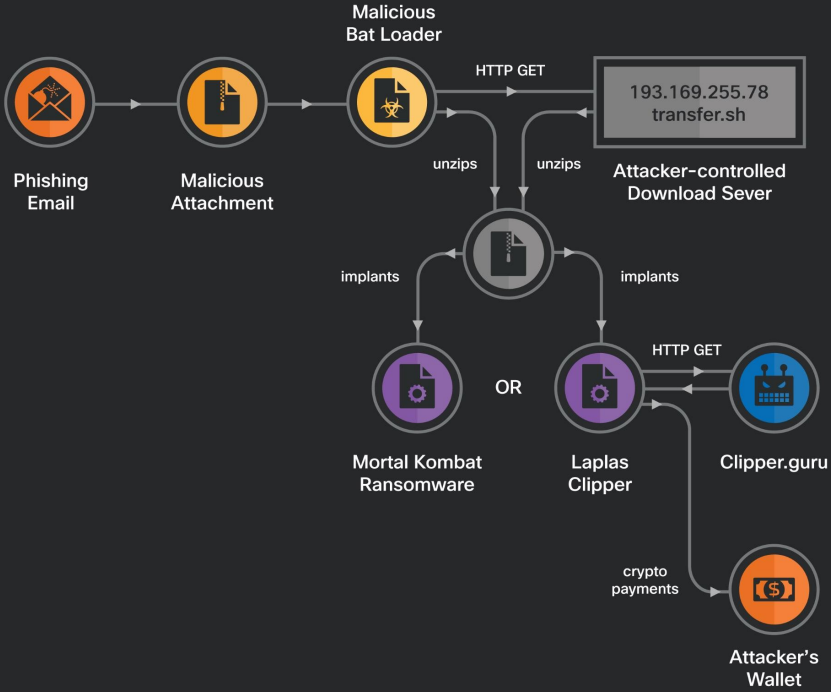
MortalKombat ransomware
MortalKombat is a Xorist ransomware variant first discovered in January 2023, named after the popular fighting video game and featuring a ransom note/wallpaper that includes art from the franchise.
Talos analysts report that the particular ransomware isn’t very sophisticated as it will target system files and applications too, which are commonly avoided to prevent the system from becoming unstable.
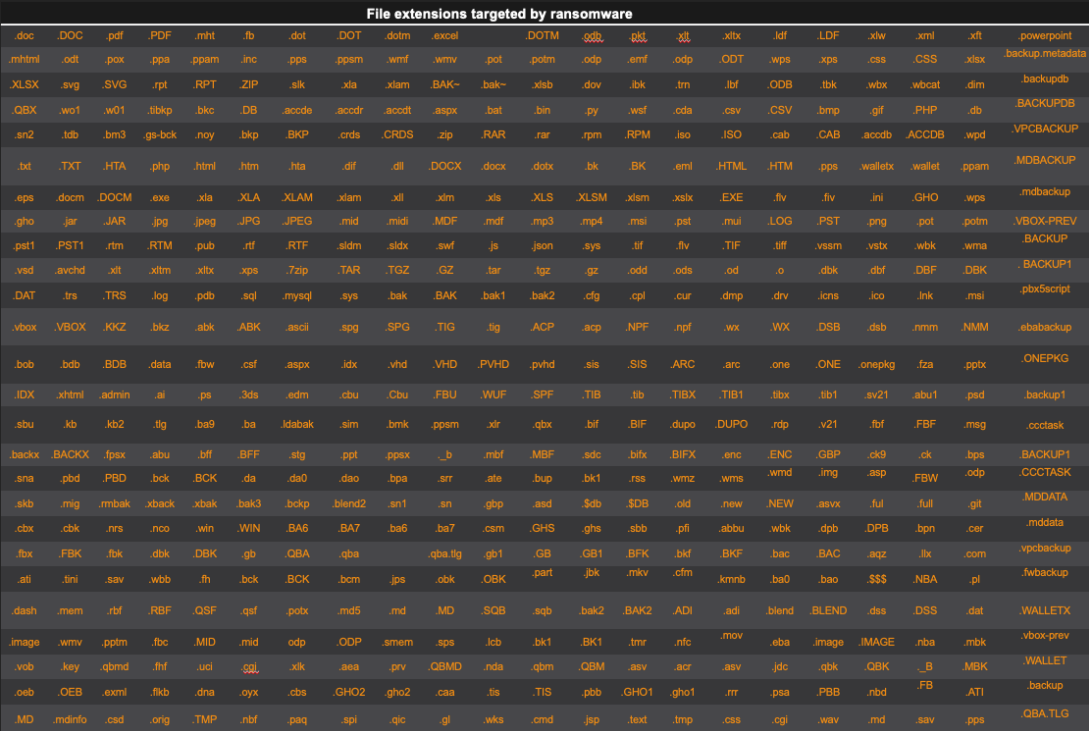
“Talos observed that MortalKombat encrypts various files on the victim machine’s filesystem, such as system, application, database, backup, and virtual machine files, as well as files on the remote locations mapped as logical drives in the victim’s machine,” describes the report.
“It drops the ransom note and changes the victim machine’s wallpaper upon the encryption process.”
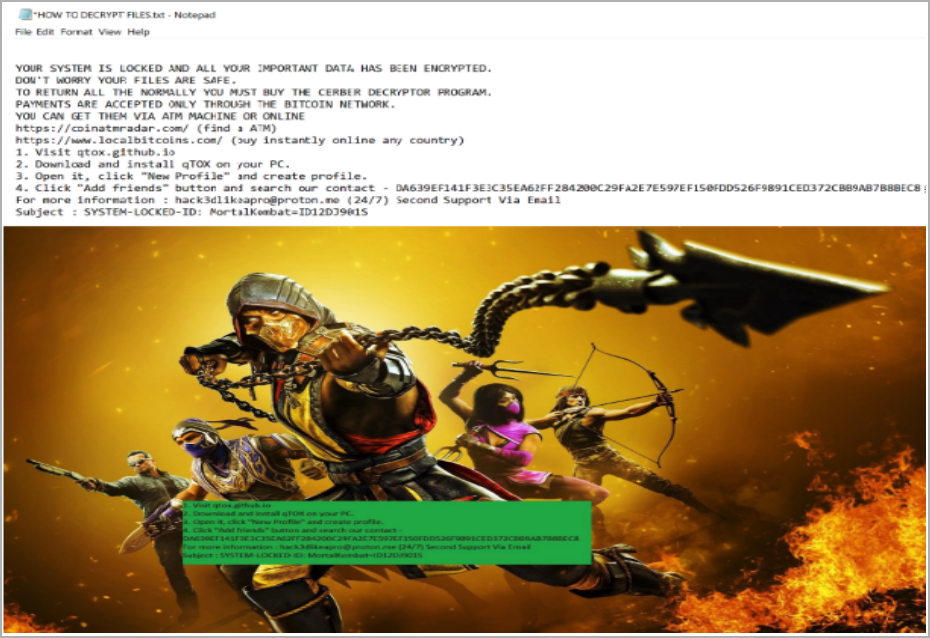
The wallpaper also acts as a ransom note, instructing the victim to use the qTOX Tor-based instant messaging app to negotiate with the cybercriminals who demand payment in Bitcoin.
The attacker also provides a ProtonMail email address if the victim has trouble registering a new account on qTOX.
Although MortalKombat does not feature wiper functionality, it corrupts system folders like the Recycle Bin so that the victims cannot retrieve files from there, disables the Windows Run command window, and removes all entries from Windows startup.
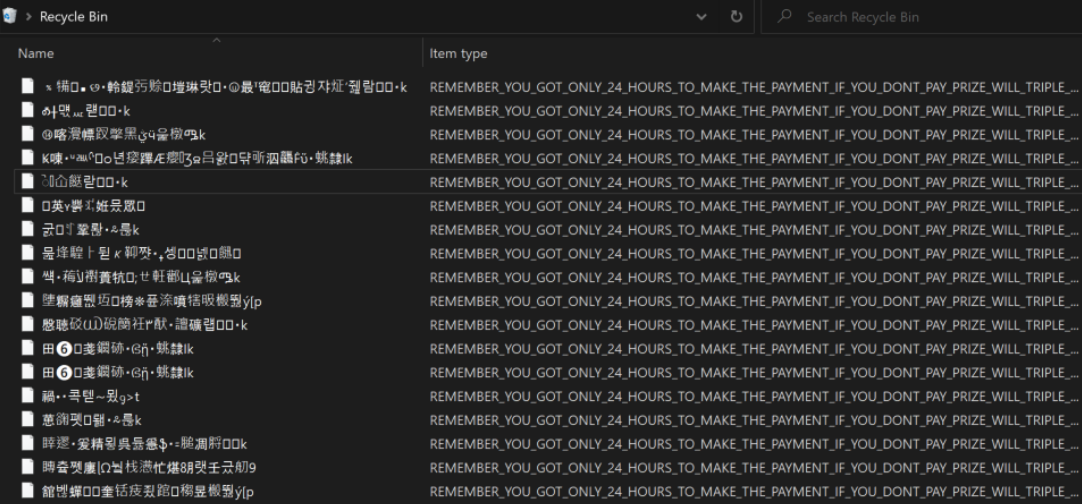
Moreover, the ransomware fiddles with the Windows registry, creating a Run registry key (“Alcmeter”) for persistence while deleting the installed application’s root registry key in the HKEY_CLASSES_ROOT registry hive.
The HKEY_CLASSES_ROOT hive stores information about file associations, commands, and icons used for each file type, so deleting these entries means the applications can no longer function.
Cisco’s analysts do not know what the operational model of MortalKombat ransomware is, and whether it is the custom strain of a lone threat actor or is sold to other cybercriminals like Laplas.
